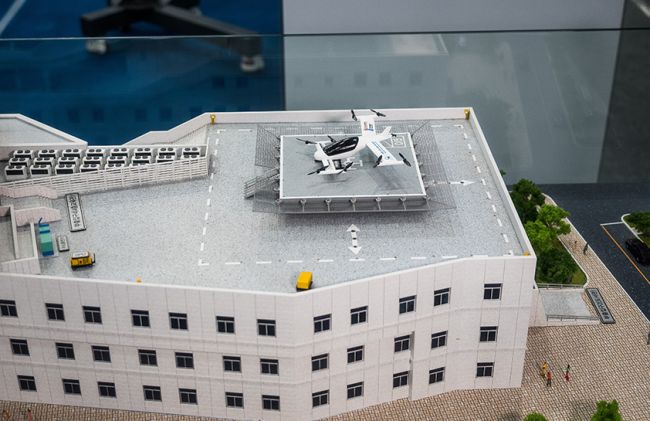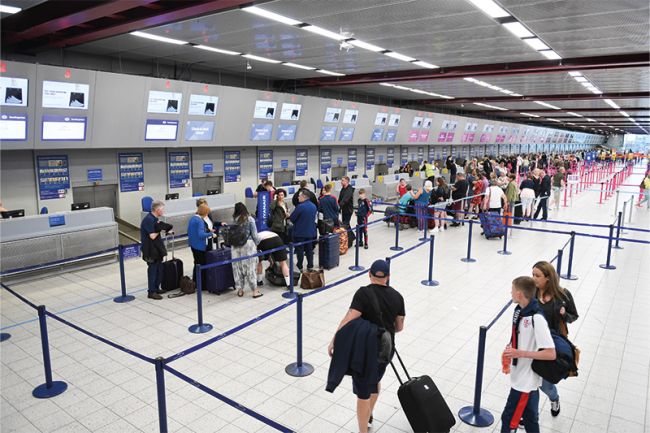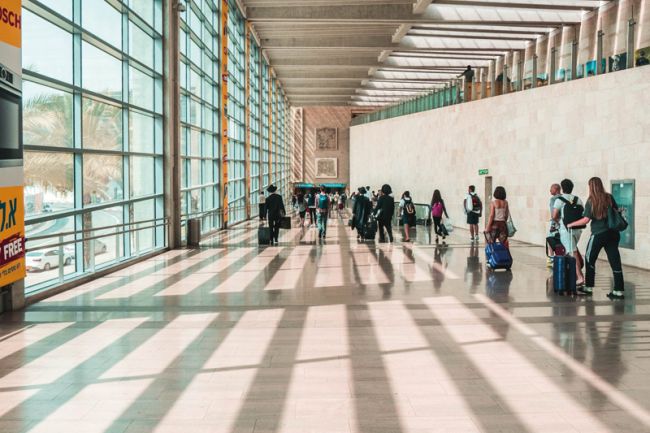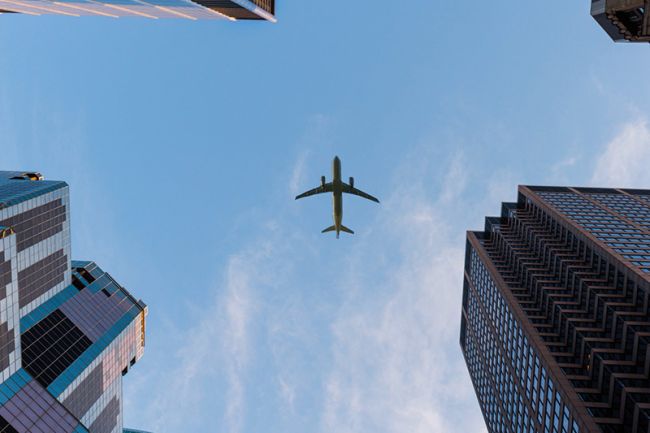It's time to finally fix the broken Airport and Airway Trust Fund
This year promises to include significant debates on several issues that have been in the news since the pandemic.
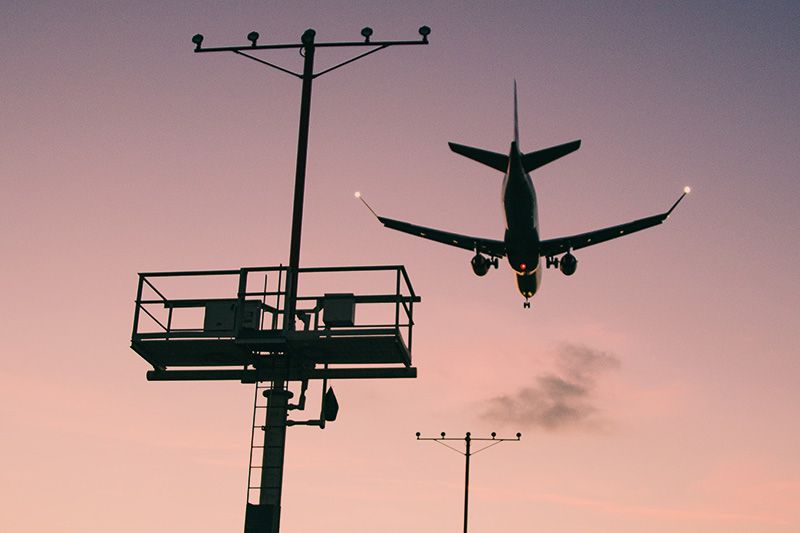
With the authorization of the Federal Aviation Administration (FAA) and its programs expiring on September 30, 2023, this year promises to include significant debates on several issues that have been in the news since the pandemic. These include airline service disruptions (and the related issue of passenger rights), failures of FAA air traffic systems (e.g., NOTAM) relied on by commercial and general aviation users alike, and how best to expand and upgrade our nation’s airports. One issue that has yet to receive attention, however, is the outmoded, inequitable, and financially insufficient Airport and Airway Trust Fund (AATF).
The AATF is funded by a series of taxes and fees that pay for a large portion of the FAA’s budget; in practice, the portion of the FAA budget paid for by aviation users (through the AATF) or taxpayers (through general taxation) varies due to several factors, including these past two years with lower traffic levels and a suspension of taxes during the pandemic. The AATF funded just 54.8% of FAA programs in FY2022. See Airlines for America’s website for an updated list (A4A Updated AATF Taxes).
Even with a recovering airline industry and traffic volumes and fares increasing, changes in airline ticketing practices mean that AATF revenues are unlikely to fully keep pace (Voices of Steer, Ticket Unbundling). With the advent and increasing use of unbundling, airlines requiring identical air traffic services on the same passenger itineraries are paying substantially more (i.e., over $1,000 per flight!) to the FAA than their competitors. The principal reason is the use of the 7.5% excise tax on airline tickets that funds a substantial portion of the AATF and the FAA. Payment of the tax is minimized by unbundling the base fare into a series of ancillary fees that are not taxed as the remaining portion of the base ticket. Airlines with business models that unbundle in effect get a discount on FAA services and those that don’t, or do less, pay a premium.
The situation has become so serious that the U.S. Department of Transportation’s Inspector General called out a particularly egregious example and posited what it could mean for the long-term financial sufficiency of the AATF. “Our report presents a dramatic, but not singular, example in which a carrier charged $35.98 for using its website to book a ticket and $0.02 for the ticket itself... 7.5% of $0.02 rounds to $0.00. Absent a ruling or policy statement on the taxability of online booking fees… [these ticketing practices] potentially expose the AATF to a considerable, if not existential, threat” (U.S. DOT Office of Inspector General, Report EC2020036, May 27, 2020).
Over a quarter century ago, the famous aviation economist Michael Levine summed up the issue with the then 10% excise tax and its use to fund the FAA and its services: “It is inefficient for the obvious reason that it bears absolutely no relationship to the use of the system made by the passengers that pay for it” (see Hearing Before Senate Commerce). After full consideration of the issue, policymakers came to a compromise that reduced the 10% domestic ticket tax to 7.5% and joined it with a domestic segment tax (today's level is $4.80 and adjusted for inflation). Unfortunately, the compromise only papered over the issue for about a decade; alongside advances in airline yield management systems, unbundling would be introduced to the U.S. airline industry over a decade later and would slowly but inexorably create competitive and financial sufficiency issues with the AATF.
The next Voices of Steer will focus on alternatives to the tax regime and more equitable and predictable approaches to the pricing of FAA services and funding programs.







